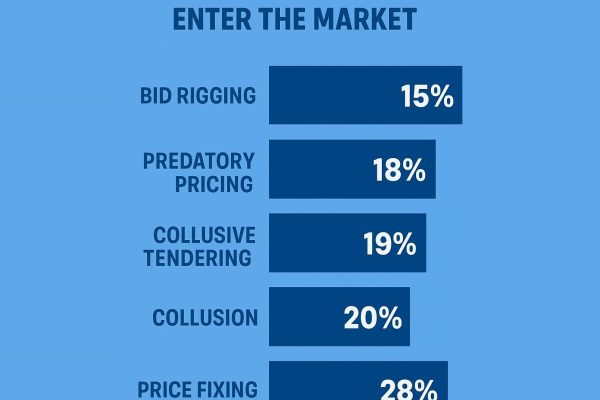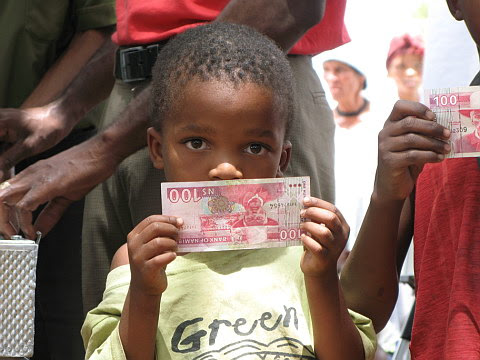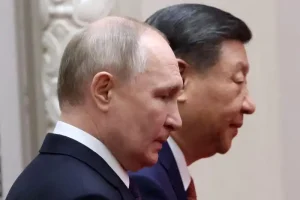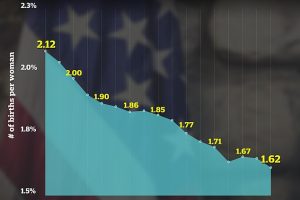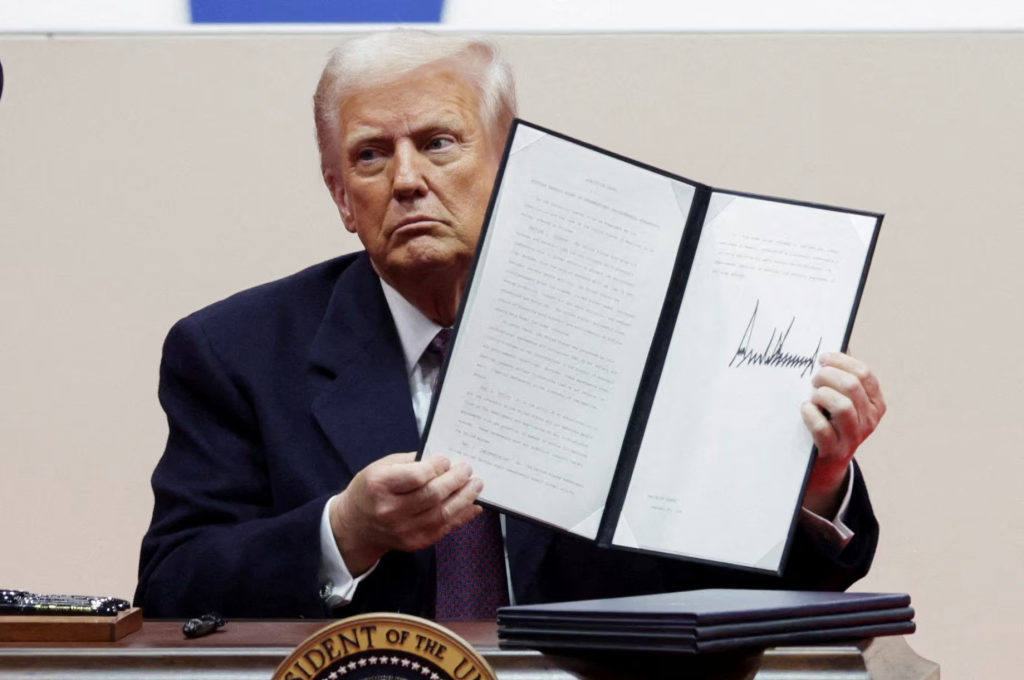
By: Dwight Links
September followed other months in a raft of announcements from the United States head of state, Donald J. Trump, transmitted to the known world for all. More executive orders were signed to kick the month off.
Executive orders were given for trade and tariffs, renaming a ministry – called a department in the US – and the security of Americans abroad. The last one is probably a scenario that has to be clearly defined as the term ‘wrongful detention’ may raise an eyebrow or two.
This description is borne from a long-used scientific method, and has become reliable for taking notes of events, experiments and more. Observe and state what you see. Thus, I bequeath to you the observation made from the US president’s Oval Office.
The world has become hyper-sensitive towards the mere indication that a world-reverberating statement of intent is on the way. ‘Liberation Day’ (2 April 2025) was such a confidence-breaking day across the world.
Ten new and partially fresh executive orders are listed on the website of the White House. It is a wonderful resource that captures the original texts of the various announcements that have been made to date in the second term of the incumbent US leader.
INKING CHANGES
Trump signed four new executive orders earlier this month, with the most eye-catching one being the renaming of the Department of Defence to the Department of War.
The order stated that the name change would create a change of perception from the global community, speaking volumes to what you can read into the following text: ‘The name Department of War more than the current Department of Defence ensures peace through strength, as it demonstrates our ability and willingness to fight and win wars on behalf of our Nation at a moment’s notice, not just to defend. This name sharpens the Department’s focus on our own national interest and our adversaries’ focus on our willingness and availability to wage war to secure what is ours.’
This passage speaks volumes as it was preceded by another line that described why this title existed. To be ready to fight. Or, be in a position to fight.
“It was under this name that the Department of War, along with the later formed Department of the Navy, won the War of 1812, World War I, and World War II, inspiring awe and confidence in our Nation’s military, and ensuring freedom and prosperity for all Americans,” the order read.
The US dropped the name for their department in 1949 and changed it to Defence as the United Nations was taking form, the global south nations emerged from various forms of colonialism, and the world was divided into three parts. These being the western nations with NATO, the USSR with its affiliates, and the new larger community of non-aligned nations – which Namibia forms part of.
TRADED INK
The other impactful executive orders were the two trade-related ones, namely ‘Modifying the scope of reciprocal tariffs and establishing procedures for implementing Trade and Security Agreements’ and ‘Implementing the United States-Japan Agreement’. The latter sees a 15% tariff applied on copper, aluminium, automobiles and automobile parts, and steel imports. This is besides the other sector-specific tariffs still active.
Outlined in the order, Japanese agri-produce has certain limits and American agri-products have to be part of the traded items, seeing the US agricultural sector gain market access to the Japanese food sector.
The modification order outlines the roles that other executives from the Trump administration have to play in assessing the trade relations around the world.
Not much was really altered, but there were notable changes outlined in this order which stated the Secretary of Commerce and the trade representative “shall determine whether the United States must take any action to implement such [a] framework agreement. Doing so shall include determining whether any condition or conditions to an action by the United States has occurred or will occur before the relevant action by the United States.”
Meaning, certain conditions have to be met before the value-proposition of the agreement is measured.
The context of these changes sound very mild in their projection, however the amended change of a ministry speaks volumes on the approach to global peace, ensuring that conflict be a final resort.
On this basis, we have to really keep an eye on the developments to be shared at the UN General Assembly in the high-level General Debate this week.





